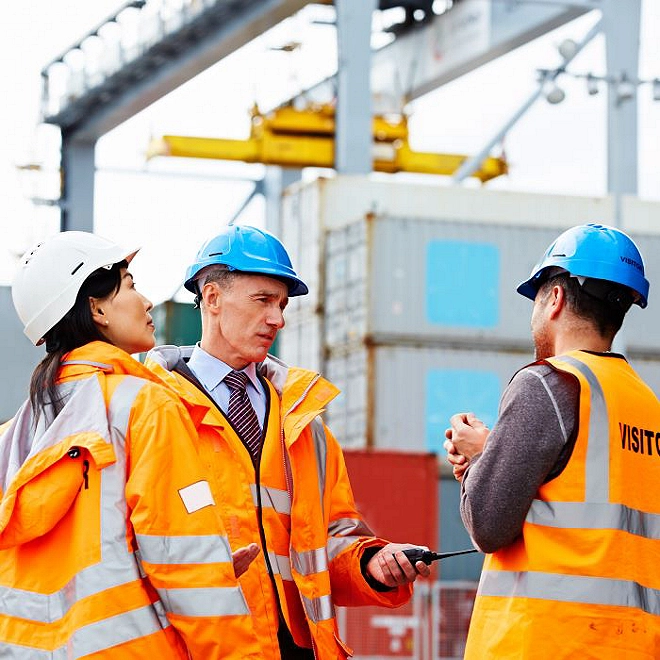Pathways to decarbonization | The built environment
Despite its positive impact on society—driving job creation and supporting the infrastructure in which humans live and work—the global built environment value chain is responsible for more than 37% of global carbon emissions.
Despite some of the challenges that the built environment sector faces on its journey towards net zero, emerging opportunities and levers exist to help drive ongoing decarbonization efforts. In this installment of Deloitte’s Pathways to decarbonization series, this paper explores industry trends and challenges and identifies how businesses and governments could work together to help build collaborative global ecosystems, devise forward-thinking policies, and develop and scale the adoption of supporting technologies to accelerate towards net zero for the built environment.
The state of play
The construction and real estate sectors play a critical role in the world’s economic and social well-being. Taken together, they constitute the “built environment”—a broad definition that, in this context, encompasses the construction sector as well as the commercial and residential real estate sectors.
From operational carbon (the day-to-day carbon emissions generated through the operation and maintenance of buildings) to embodied carbon (carbon emitted during earlier stages of the value chain, before an asset is commissioned for use, and end of life), the complexity of this value chain introduces endemic challenges to decarbonization (Figure 1). For example, the sourcing and manufacturing of materials alone (such as iron, steel, and cement) generates approximately 11% of the sector’s emissions.2

A shift to systems thinking
While emissions from different products, activities, and value chain participants vary in volume, it is important for industry players to gain an understanding of the impact of their combined assets and work collaboratively along the value chain to help minimize each part of the emissions profile. This underscores the need for the built environment sector to adopt both a global approach and a lifecycle approach to meet its Paris Agreement commitments.
While initiatives for cross-sectoral cooperation are emerging, industry stakeholders likely still need to address the following challenges: focus on operational versus embodied carbon emissions; resource scarcity (supplies and labor); limited regulatory incentives and lengthy approval processes; industry fragmentation; continued reliance on carbon-intensive machinery; barriers to technological adoption; and inconsistent data metrics and guidelines.
The way forward
Despite some of the challenges that the built environment sector faces on its journey towards net zero, emerging opportunities and levers exist to help drive ongoing decarbonization efforts. Rather than focusing on incremental progress, industry players should embrace systemic change.
In charting the way forward, it will be beneficial for businesses and governments to work together to help build collaborative global ecosystems, devise forward-thinking policies, and accelerate the adoption of supporting technologies.
In the near-term, industry stakeholders can unlock some of these benefits by:
- Accurately quantifying their carbon footprint throughout the entire value chain
- Assessing climate-related risks and opportunities
- Establishing robust decarbonization standards and strategies that set out clear targets and key performance indicators
- Identifying and implementing technology solutions that can help enhance emissions monitoring and reporting
- Developing robust regulatory compliance and risk mitigation programs
- Creating a culture that promotes the benefits of decarbonization
Read the full report to learn more about Deloitte’s recommendations.
About Pathways to decarbonization
The Pathways to decarbonization series is a collection of insights on the challenges, opportunities, and viable decarbonization pathways for high-emitting and hard-to-abate sectors. Each of the sector perspectives offers a foundational starting point for leaders who would like to better understand the landscape across these critical sectors.
Explore “Recommendations” below for more in-depth sector and climate-related reports.




